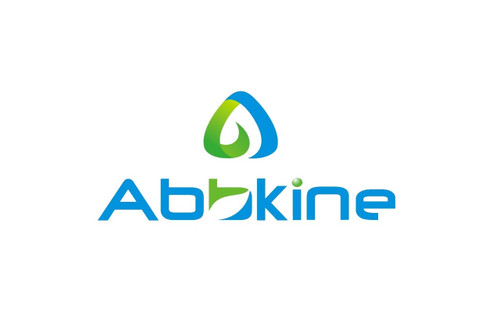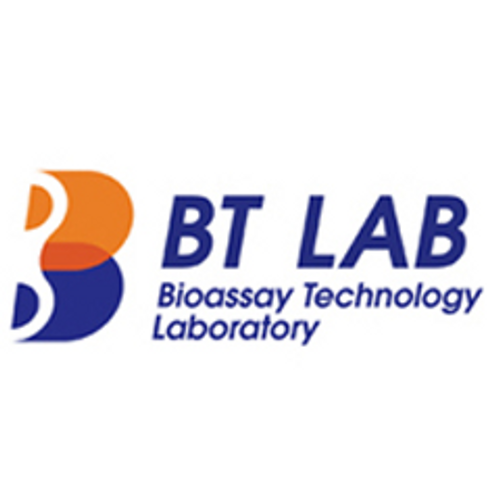Product Description
Human Protein-arginine deiminase type-4 antibody (PADI4-Ab) ELISA Kit | AE62567HU | Abebio
Species Reactivity: Human (Homo sapiens)
Abbreviation: PADI4-Ab
Alternative Name: antibody for PAD; PAD4; PADI5; PDI4; PDI5; HL-60 PAD|PADI-H protein|peptidyl arginine deiminase; type V|protein-arginine deiminase
Application: ELISA
Range: 0.312-20 ng/mL
Sensitivity: 0.121 ng/mL
Intra-Assay: ≤4.8%
Inter-Assay: ≤8.6%
Recovery: 1, 03
Sample Type: Serum, Plasma, Other biological fluids
Detection Method: Sandwich
Analysis Method : Qualitative
Test Principale: This assay employs a two-site sandwich ELISA to quantitate PADI4-Ab in samples. An antibody specific for PADI4-Ab has been pre-coated onto a microplate. Standards and samples are pipetted into the wells and anyPADI4-Ab present is bound by the immobilized antibody. After removing any unbound substances, a biotin-conjugated antibody specific for PADI4-Ab is added to the wells. After washing, Streptavidin conjugated Horseradish Peroxidase (HRP) is added to the wells. Following a wash to remove any unbound avidin-enzyme reagent, a substrate solution is added to the wells and color develops in proportion to the amount of PADI4-Ab bound in the initial step. The color development is stopped and the intensity of the color is measured.
Product Overview: PADI4 is a member of a gene family which encodes enzymes responsible for the conversion of arginine residues to citrulline residues. This gene may play a role in granulocyte and macrophage development leading to inflammation and immune response.The deduced 663-amino acid protein, approximately 50% identical to rat PAD types I, II, and III and 73% identical with rat keratinocyte PAD IV, is most conserved in the C terminal two-thirds of the sequence. Functional analysis indicated that the recombinant protein is fully active against arginine-containing substrates. Western blot analysis showed that expression of a 67-kD protein is induced by incubation of HL60 cells with differentiation factors.
Stability: The stability of ELISA kit is determined by the loss rate of activity. The loss rate of this kit is less than 5% within the expiration date under appropriate storage condition. The loss rate was determined by accelerated thermal degradation test. Keep the kit at 37°C for 4 and 7 days, and compare O.D.values of the kit kept at 37°C with that of at recommended temperature. (referring from China Biological Products Standard, which was calculated by the Arrhenius equation. For ELISA kit, 4 days storage at 37°C can be considered as 6 months at 2 - 8°C, which means 7 days at 37°C equaling 12 months at 2 - 8°C) .
 Euro
Euro
 USD
USD
 British Pound
British Pound
 NULL
NULL












